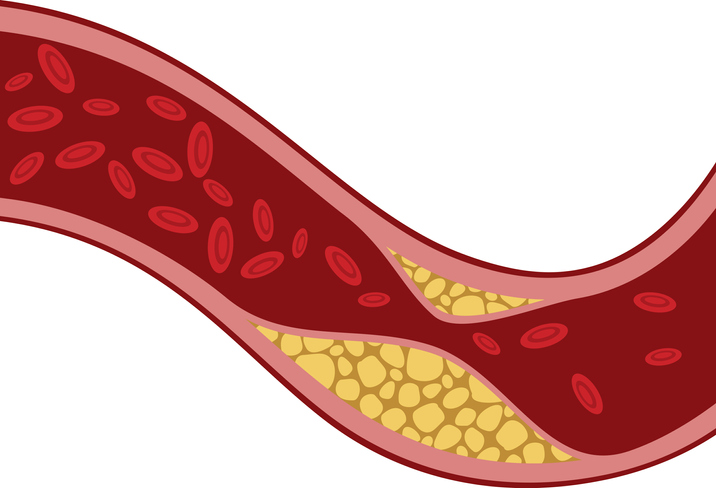Tips to Protect your Heart
Posted by Ana Maria Lajusticia USA on
Do you already take enough care of this important organ for your body? Do you know how to prevent cardiovascular diseases? Relax, today we are going to explain how to protect your heart with a multitude of tips. Keep reading!
The first measure that will come to mind is to reduce fat intake, but not all fats are the same and, to take care of your heart, you have to know how to differentiate them:
Did you know that there are certain fats that we cannot live without, since they perform vital functions in our body? They hold and protect organs such as the kidneys, they provide us with reserve energy, they help protect us from the cold... For this reason, we must ensure their correct contribution through food.
However, the fats found in butter and margarine, snacks, pastries, red meat, sausages, pates, pre-cooked foods or fast food are harmful when consumed in excess. It is not that these are prohibited foods (since there are none), but we have to take them very occasionally (that is, 1 or 2 times a week in total).
The dreaded cholesterol, where would we place it?

Cholesterol is a saturated fat, but in adequate amounts it is essential for life because it helps the body to synthesize hormones and vitamin D, to form bile, to maintain cell structure, etc. However, when it is in excess it is a serious problem since it can clog the walls of the arteries and increase cardiovascular risk, as well as advanced age, high blood pressure, hyperglycemia, smoking, stress and a sedentary lifestyle.
It is very easy to identify, since it is exclusively of animal origin, and there are different types depending on the lipoproteins that transport it through the blood: if it binds to the HDL lipoprotein, we have what is known as good cholesterol, because it eliminates excess cholesterol of the blood. On the other hand, if the cholesterol binds to the LDL lipoprotein, we have what is known as bad cholesterol, since it tends to accumulate on the arterial walls, narrowing them and hindering blood circulation (due to the formation of atherosclerotic plaques).
The ideal is not to exceed 200 mg of total cholesterol per deciliter of blood (100 mg/dl for LDL-cholesterol). In order to have these levels controlled, it is essential to carry out periodic blood tests, since an excess of cholesterol would not show us symptoms until it gave us a sudden "scare".
The keys to keeping LDL cholesterol at bay are: following a balanced diet (based on plant foods, lean proteins and low in saturated fats and refined sugars), avoiding toxic habits and exercising regularly.
The cardioprotective role of sport
We must not neglect sports as part of our good daily habits, since movement "activates" the heart. We recommend practicing aerobic physical activity for 40 minutes a day (walking briskly, swimming, dancing...), combined with 3-4 weekly toning sessions, using 1kg dumbbells or water bottles, for example.
It also helps to improve stress, another of the cardiovascular risk factors, so common in people's lives today. Learn to manage it, take care of your mental health and help yourself with 2 daily tablets of Tryptophan with Magnesium and vit. B6, which is involved in the synthesis of the "happiness hormone", favoring relaxation and balance.
And if you detect that you have dyslipidemia or are looking for an anti-inflammatory effect, foods rich in Omega 3 such as nuts, seeds, algae, oats, avocado, eggs or oily fish contain this important nutrient, which helps to regulate blood levels of cholesterol and triglycerides, reinforces the integrity of cell membranes, protects cells against oxidative stress and improves insulin sensitivity, which optimizes metabolic fat burning. A simple way to strengthen the diet is by taking Cod Liver Oil, since in a concentrated form it provides great amounts of EPA and DHA, as well as vitamins D, A and E.
Now that you know how to take care of your heart, put it into practice, it will be worth it!
